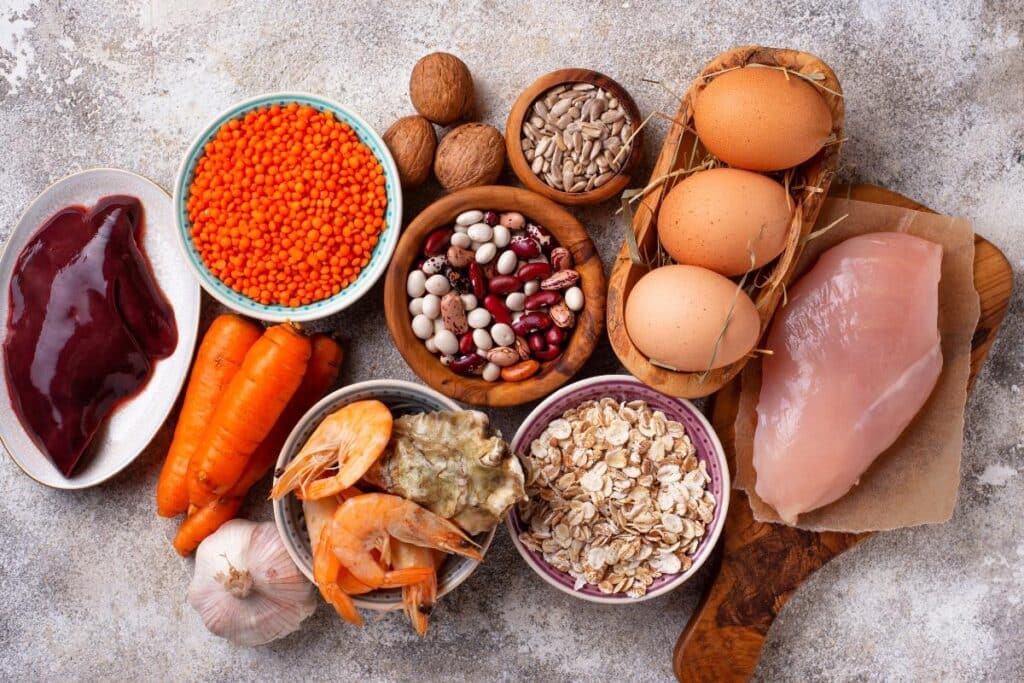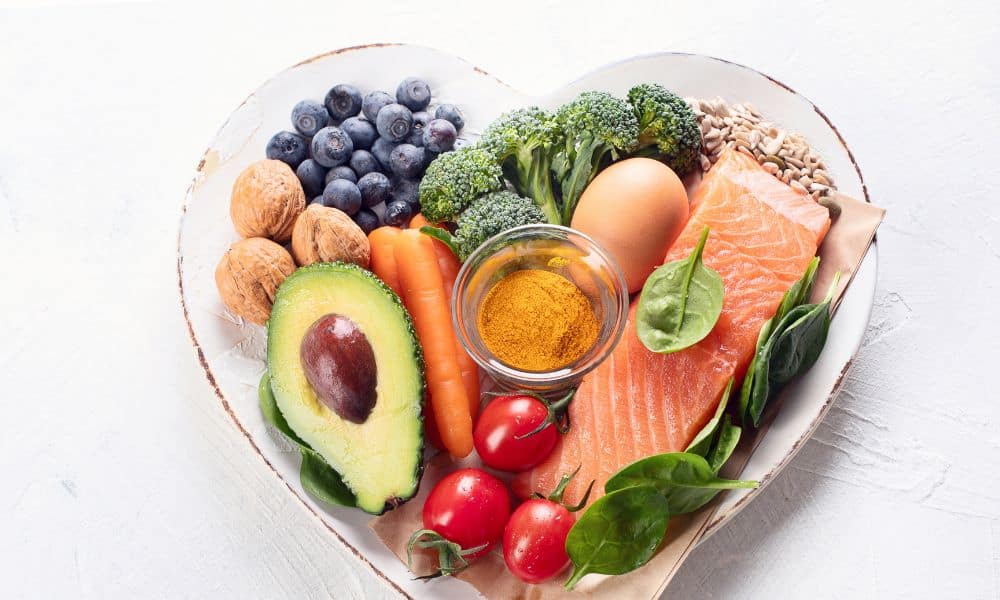Are you having problems managing your weight and want to know how to boost your metabolism to make weight loss easier? Metabolism is the engine that drives our bodies, converting food into energy and influencing weight management. A healthy metabolism is pivotal in maintaining overall well-being and achieving fitness goals. In this article, we’ll explore how to use diet to improve metabolism, understand what determines metabolic age, create a healthy metabolism, determine calorie needs, and discover the best foods to fuel a vibrant metabolism.
Understanding Metabolic Age
Metabolic age is a concept that reflects how efficiently your body processes energy in comparison to others of the same chronological age. It’s an indicator of your metabolic health and can be influenced by genetics, muscle mass, activity level, and diet. Improving your metabolic age involves optimizing these factors for a more youthful and efficient metabolism.
Creating a Healthy Metabolism
- Balanced Nutrition: A diet rich in whole, nutrient-dense foods is essential. Focus on a mix of lean proteins, complex carbohydrates, healthy fats, and various vitamins and minerals. Adequate protein intake supports muscle maintenance, which can boost metabolism.
- Regular Meals: Eating regular, balanced meals prevents energy dips and sustains your metabolism. Aim for three main meals and healthy snacks to maintain stable blood sugar levels.
- Hydration: Staying hydrated is crucial for metabolic efficiency. Water supports cellular processes and digestion, ensuring your body operates optimally.
- Strength Training: Incorporating strength training exercises can increase muscle mass, which burns more calories at rest than fat. This contributes to a higher basal metabolic rate (BMR).
- Adequate Sleep: Sleep deprivation disrupts hormonal balance and metabolism. Aim for 7-9 hours of quality sleep per night to support metabolic function.
Calorie Intake and Maintenance
Caloric needs vary based on age, gender, activity level, and metabolism. Consuming the correct number of calories for your body’s needs is essential to maintain weight with a healthy metabolism. A common approach is calculating your Basal Metabolic Rate (BMR) using formulas like the Harris-Benedict equation, which estimates the calories required to maintain essential bodily functions. You then factor your activity level to determine your Total Daily Energy Expenditure (TDEE). Consuming this number of calories should help keep weight with a well-functioning metabolism.
Best Foods for a Healthy Metabolism
- Protein Sources: Lean meats, poultry, fish, eggs, dairy products, legumes, and plant-based protein sources provide amino acids essential for muscle maintenance and metabolic function.
- Complex Carbohydrates: Whole grains, vegetables, fruits, and legumes offer sustained energy due to their fiber content, preventing blood sugar spikes and crashes.
- Healthy Fats: Avocados, nuts, seeds, olive oil, and fatty fish provide essential fatty acids that support hormonal balance and cellular function.
- Spices and Herbs: Certain spices like cayenne pepper, turmeric, and cinnamon have been associated with temporary boosts in metabolism.
- Hydration-Rich Foods: Watery fruits and vegetables like cucumbers, watermelon, and celery contribute to hydration and may have a mild thermogenic effect.
- Green Tea: Rich in antioxidants and compounds like catechins, green tea may positively impact metabolism.
Conclusion
Using diet as a tool to improve metabolism involves adopting a holistic approach that encompasses nutrition, physical activity, and lifestyle choices. A healthy metabolism is not only crucial for weight management but also for overall vitality and longevity. You can cultivate a metabolism that supports your wellness goals by prioritizing balanced nutrition, regular exercise, adequate sleep, and hydration.
Individual differences play a role, so consulting with healthcare professionals or nutrition experts can help tailor your approach to your unique needs. If you or someone you know is looking to improve your health, share this article on Facebook or Twitter so that others can learn more about self-care.




